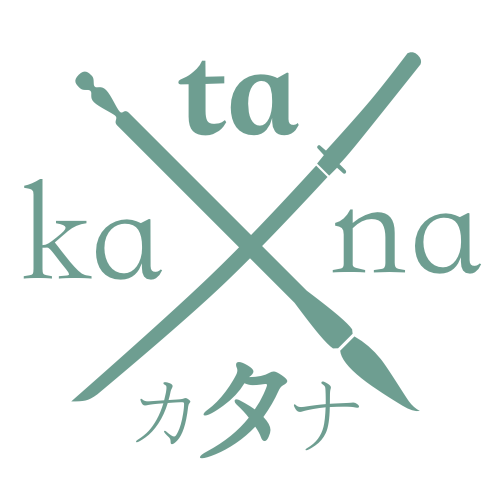Putin’s Golden Ruble
/In September of last year I wrote an article about the PBOC’s plans to launch their Digital RMB and the unsettling implications that these plans foreshadow when it comes to human rights, global trade and influence over the global economy. Today, I want to address another such scheme being discussed in Russia which comes as a direct response to sanctions placed on that nation resulting from their invasion of Ukraine.
The original PDF of the presentation from the VEB bank is in Russian, so we’ll have to lean on Coindesk for the translation, but the main point are these:
A gold-backed cryptocurrency could be used to avoid US sanctions
The newly created stablecoin would be a “golden ruble” which would be tied to the spot price of gold
Gold could be physically settled in OTC deals which would be difficult to track
Since Russia would control the currency and it would operate on a blockchain, it would be resistant to alteration and policy decisions from the West
One consideration for the new cryptocurrency is that it would need to be in circulation for several years (7-10 perhaps) before it was seen at legitimate to gain significant adoption
It’s worth mentioning that while the US has been talking tough about restricting the sale of oil and gas from Russia, oil sales to India and China have increased greatly. Coupled with the increased energy prices, the effectiveness of the sanctions are debatable at best. In the same way that natural resources are difficult to simply “cancel” from the global economy, crypto has the nascent ability to be broadcast over any electronic network making financial transactions as simple as sending any other kind of message over the internet. So the idea of launching the golden ruble is not hard to imagine given that sanctioning energy from Russia has led to unfortunate and unforeseen outcomes like increased sales to China and India, and Germany turning back on some coal-fired power plants in response.
While the morality of engaging in economic warfare may not be cut and dry, we should bear in mind that this alternative was conceived as a way to avoid making things “kinetic.” So when we see more countries at various stages of de dollarization it’s worth thinking through the implications from a few different angles.
As someone who’s passionate about the capabilities of digital currencies and digital assets - we need to consider what we’re giving up when we think about using currency systems or payment rails controlled by violent dictators or authoritarian regimes with terrible records on human rights. It falls on us to explain the differences in cryptos hatched to empower dictators and those like Bitcoin that have at their core the empowerment of individual liberty, strong property rights, privacy, decentralization and predictable economic policy.
As an individual who enjoys a high standard of living and has grown up in an era of relative peace, thanks in part to the relative stability of the US Dollar - we need to be clear-eyed on what it means to move into any other global economic system. Generally, there’s great pain and discomfort associated with these types of dramatic changes. For example, it was WW2 that led to Bretton Woods and the beginnings of our current system (arguably modified considerably by Nixon in the 70’s but we can set that aside for now). Somewhere in the neighborhood of 40-50 million people died in WW2. That’s not something that any of us want to see again in our lifetimes.
We may indeed be heading into some kind of Fourth Turning, so perhaps massive change was always unavoidable for this generation simply due to demographics or increasing technological capabilities. Sometimes change comes at you so fast it’s nearly impossible to keep up. But if we’re heading into a post-dollar world, then let’s keep this conversation top-of-mind. If Wall Street kowtows to the Federal Reserve now, hanging on their every word, analyzing microexpressions of the Fed Chairman with machine learning models and neural networks - can we really understate how important controlling the global monetary system is? Now imagine instead of Jerome Powell or Janet Yellen you’ve got Vladimir Putin, Xi Jinping or someone even worse sitting at the table - that’s what’s at stake here.
Thank you,

